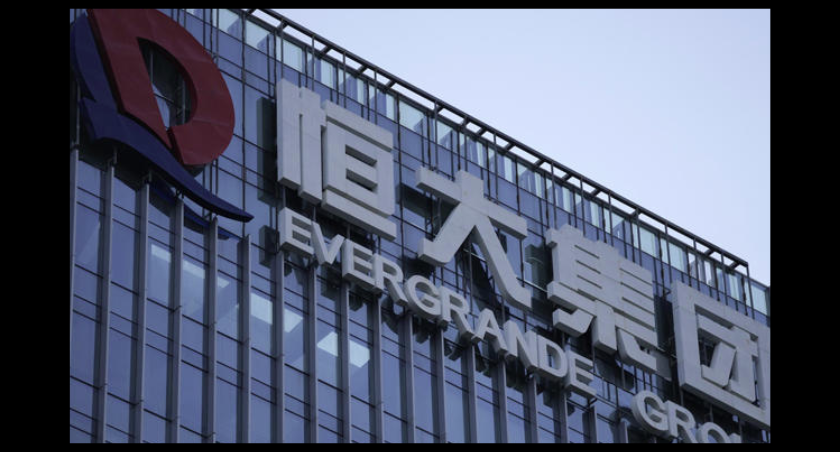Hong Kong (ap) — A Hong Kong court docket will convene a hearing on Monday on stricken Chinese language belongings developer Evergrande’s plans for restructuring its greater than $300 billion in money owed and staving off liquidation.
The organization, the sector’s maximum indebted assets developer, ran into a problem while Chinese regulators cracked down on immoderate borrowing in the actual property region.
Closing month, the business enterprise said Chinese language police were investigating Evergrande’s chairman, Hui Ka Yan, for unspecified suspected crimes in the contemporary impediment to the enterprise’s efforts to resolve its economic woes.
The Hong Kong excessive Court has postponed listening to evergrande’s capability liquidation in several instances. Judge linda chan stated in October that Monday’s hearing would be the ultimate earlier than a choice is surpassed down.
Evergrande can be ordered to liquidate if the plan is rejected by its lenders.
In September, evergrande abandoned its initial debt restructuring plan after the government banned it from issuing new dollar bonds, which changed into a key part of its plan.
The company first defaulted on its economic responsibilities in 2021, just over a year after Beijing clamped down on lending to property builders to cool a belongings bubble.
Evergrande is one of the biggest developers to have defaulted on its money owed. But others which include Country Garden, china’s biggest actual estate developer, have additionally run into problems, their predicaments rippling through monetary structures in and outside China.
The fallout from the assets crisis has also affected China’s shadow banking enterprise — establishments that give economic services similar to banks but which operate out of doors of banking rules.
Police are investigating Zhongzhi organization, a chief shadow bank in China that has lent billions in yuan (greenbacks) to property builders after it said it was bankrupt with as much as $64 billion in liabilities.
Real estate drove China’s financial increase, but developers borrowed closely as they turned towns into forests of condo and workplace towers. That has helped to push overall corporate, government, and household debt to the equivalent of greater than three hundred of annual financial output, surprisingly excessive for a middle-earnings United States of America.
To save you troubles spilling into the economic system from the region of the asset, Chinese regulators reportedly have drafted a list of fifty builders eligible for financing aid, amongst other measures intended to prop up the industry.






